
PIPESTONE & LAKEDELL
difficult for the board to see a reality other than closure.
Terry Pearson, superintendent of Wetaskiwin Regional Public Schools (WRPS), explained that in this particular case, the school board thought consolidating three of the smaller rural schools would be in the best interests of the students. The original plan was to have the two schools on the chopping block, Lakedell and Pipestone, be absorbed by Falun School.
"The proposal for a consistent level of programming and services for that area was to close Lakedell and Pipestone, and we would do new construction at Falun," Pearson said. "There really wasn't an alternative other than to recommend closure."
The proposal was not received well by community members. While improved levels of programming and having single-graded classrooms were some of the benefits of consolidating the schools, the long bus rides and loss of small class sizes were repercussions parents weren't prepared to deal with.
Jennifer Day has five children attending Pipestone School, and although she understood the reasoning behind closing the schools, the decision was not something she felt was beneficial to the students or the surrounding communities.
"The parents felt differently," Day said. "A lot of us enjoy the smallness of the school. You just know everybody and it's a lot easier to work together for the benefit of these kids. I didn't want to lose that — I thought there was going to be something significant lost by combining the schools."
After the recent closure of Rosebriar School, a 117-year-old building noted to be one of the oldest rural schools in Alberta, the Wetaskiwin community grew increasingly fearful that the fates of their two little schools were already sealed.
Superintendent Pearson said although opposing parties came together to try and amicably voice concerns and weigh options, debates quickly grew frenzied.
"For the parents that were very heated, closure was just not an option," Pearson recalled. "There was no listening to any of the other alternatives. There was no changing their minds. And there's nothing wrong with that, but everybody lives with the result, which is nothing will change."
With the motion to close the schools defeated by a split-vote, Lakedell and Pipestone are safe for now. But as alluded to by Pearson, change is necessary for the survival of these rural schools.
Part of that change has already been seen with the formation of the Friends of Rural Wetaskiwin Schools, a community group that is fervently working towards finding ways to save rural schools.
A member of the new group, parent Day said they are working in conjunction with the school board and the provincial government to conduct research and propose funding changes that better serve the needs of rural schools.
"These schools have been slotted for closure over and over again. Now is the time to look into it," Day added. "We need to find a permanent solution, because at some point it's going to be game over and the school is going to close."
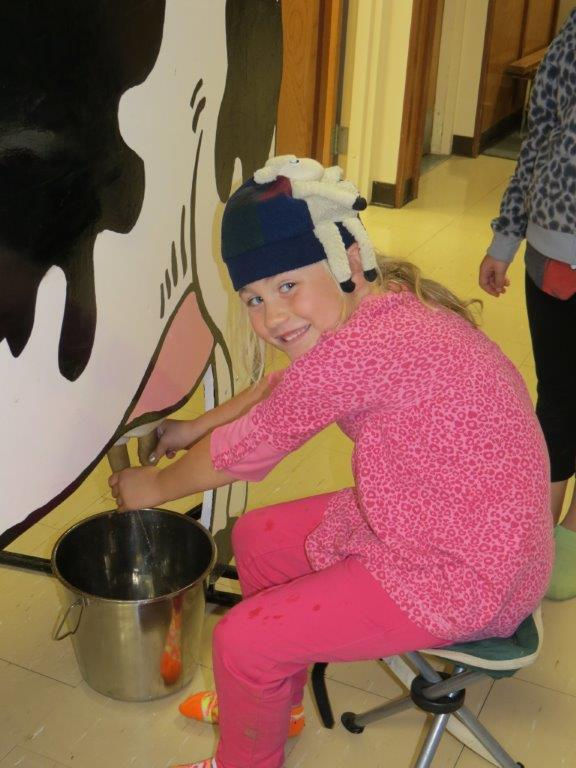
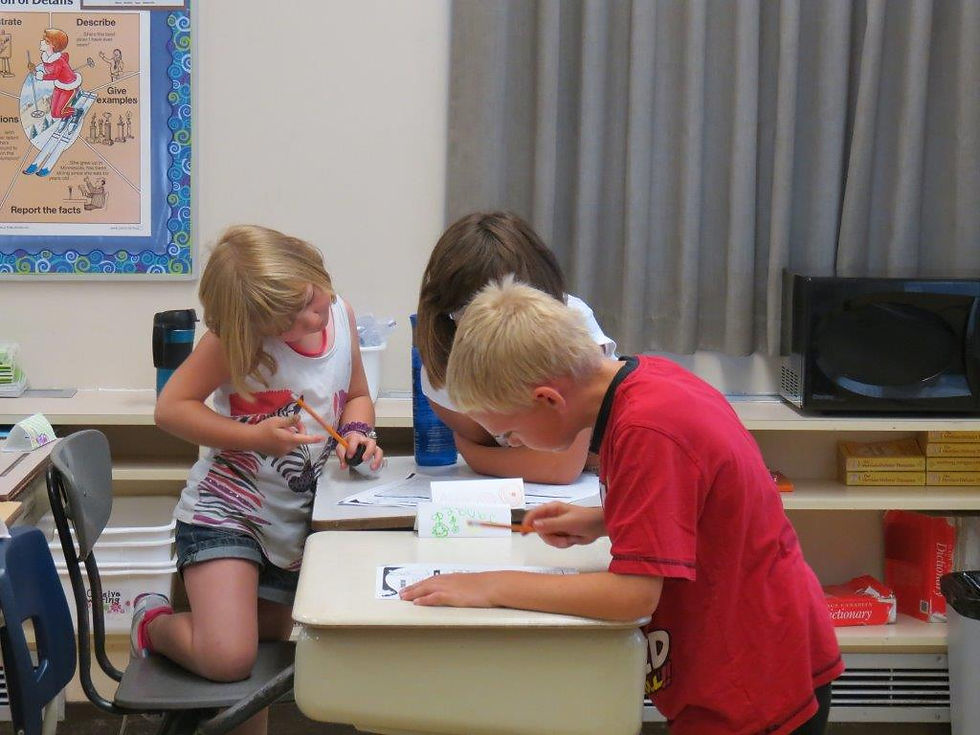

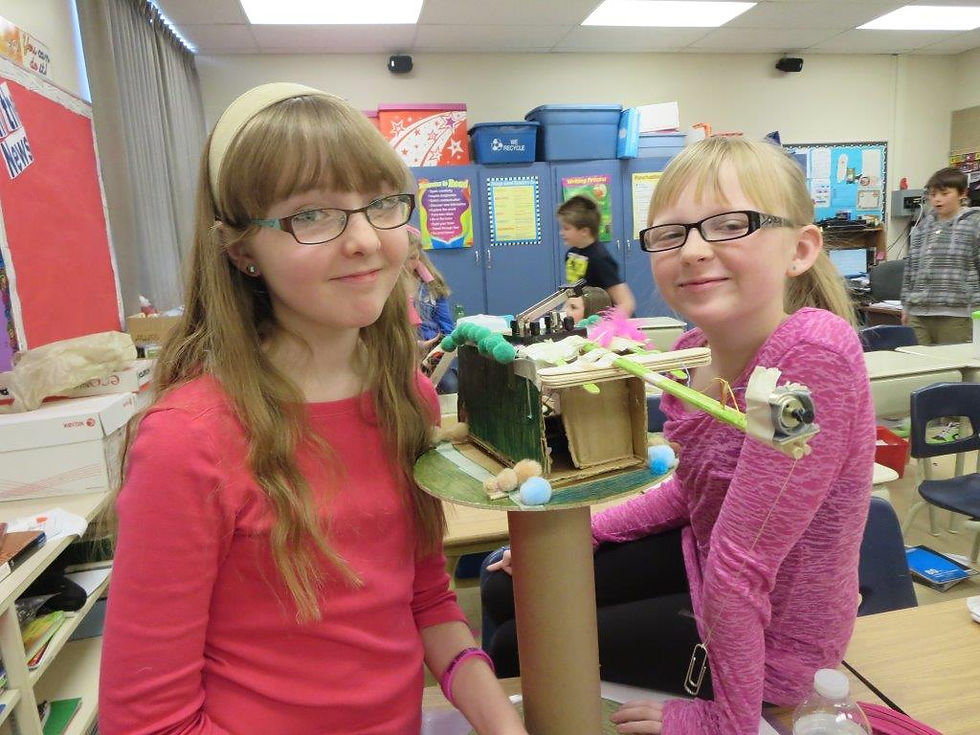
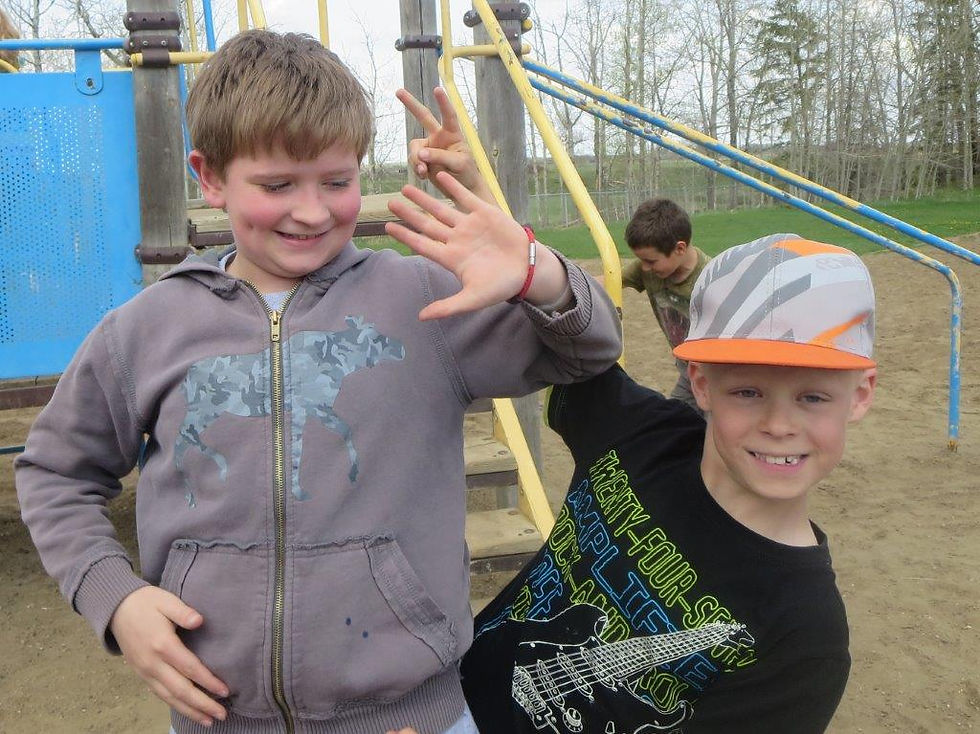
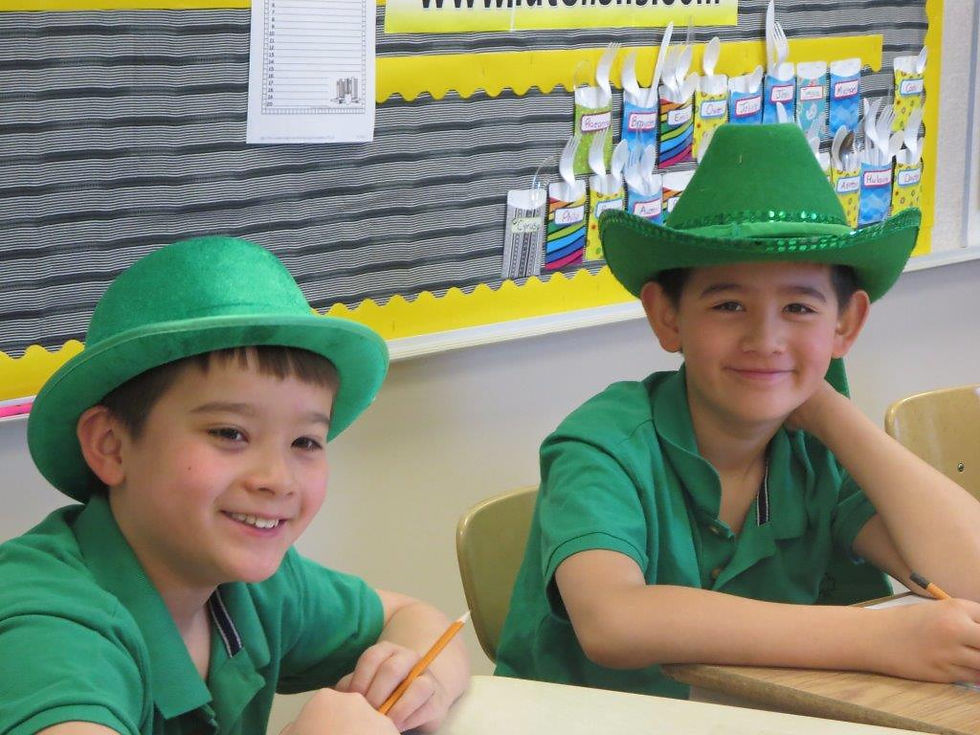
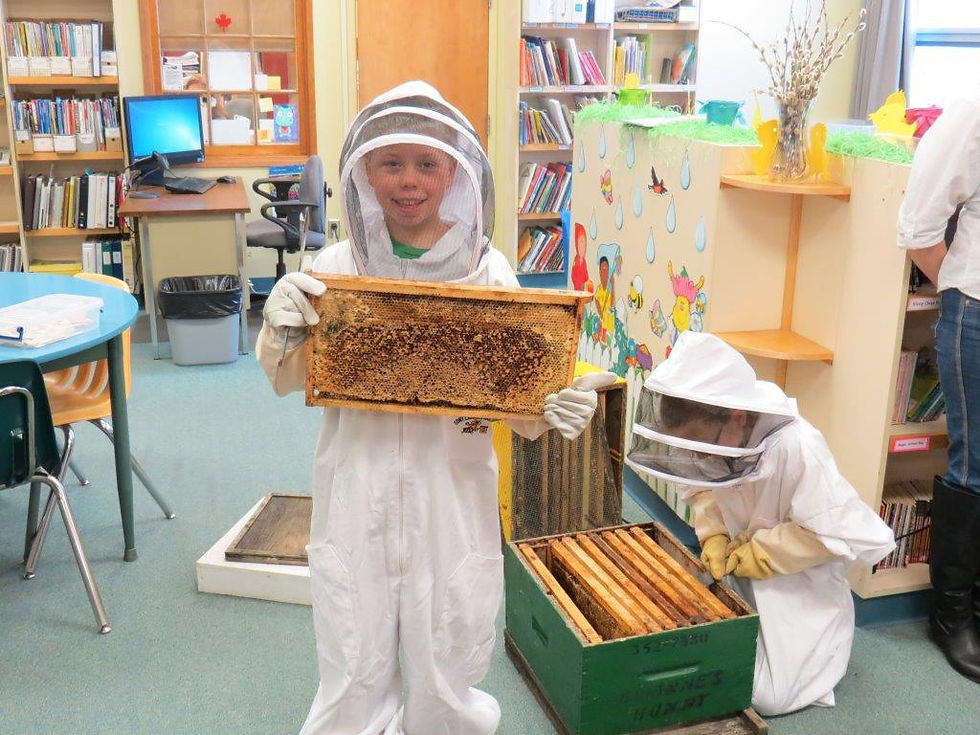
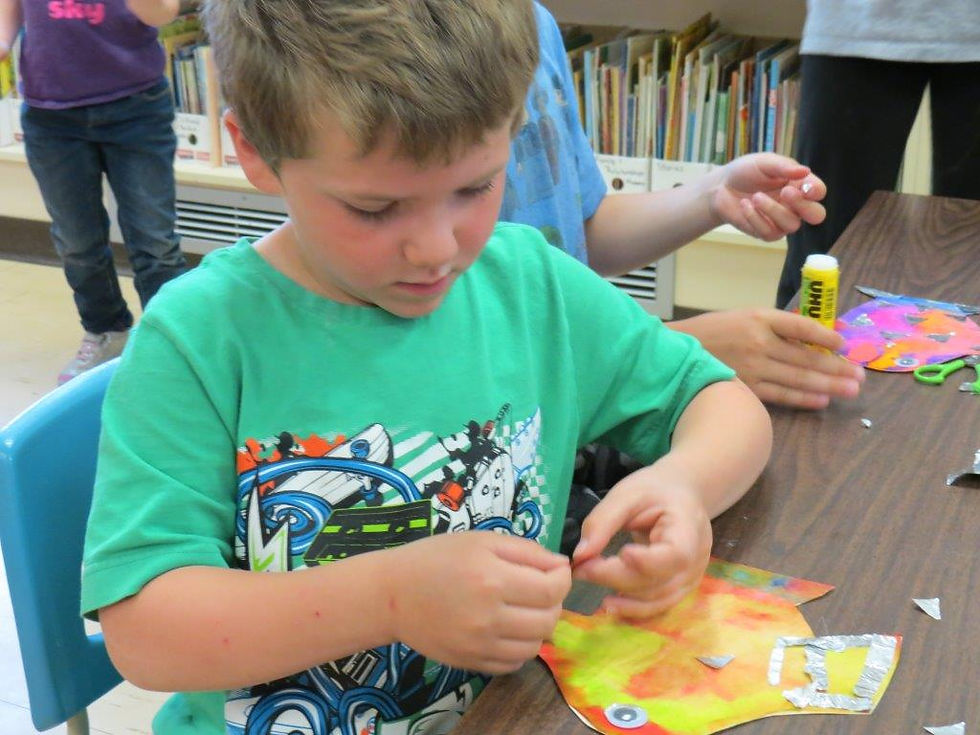


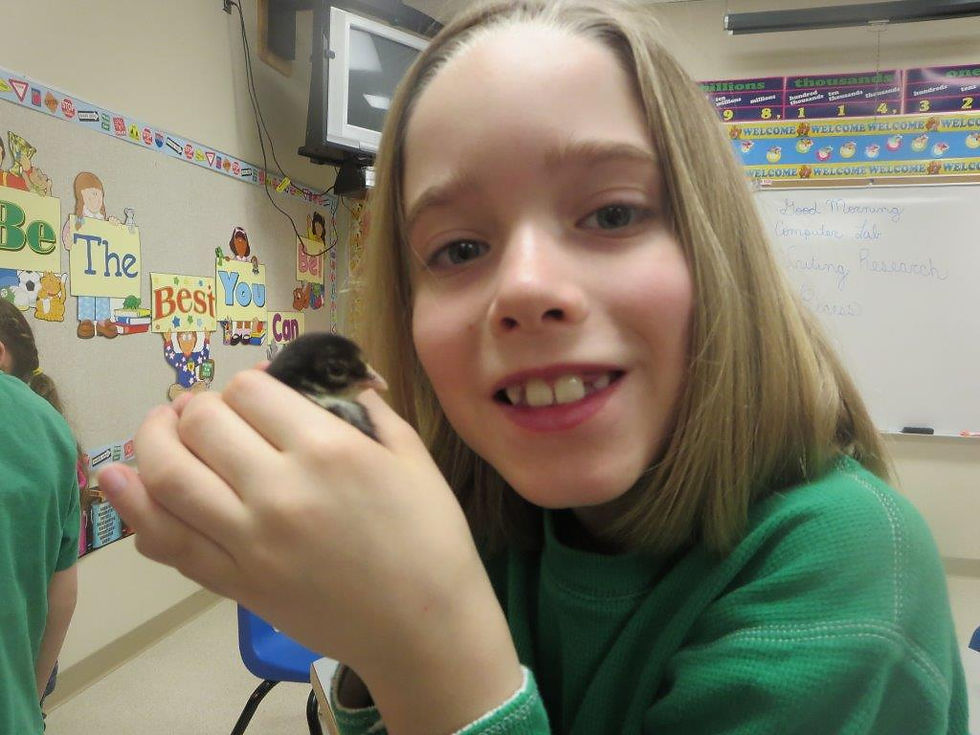

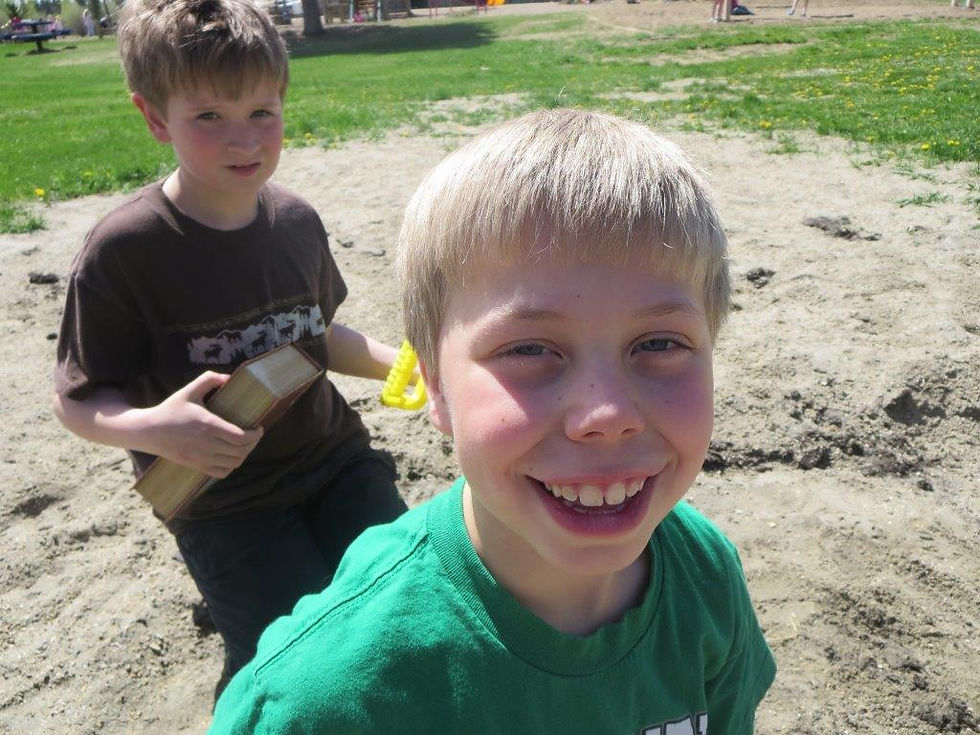


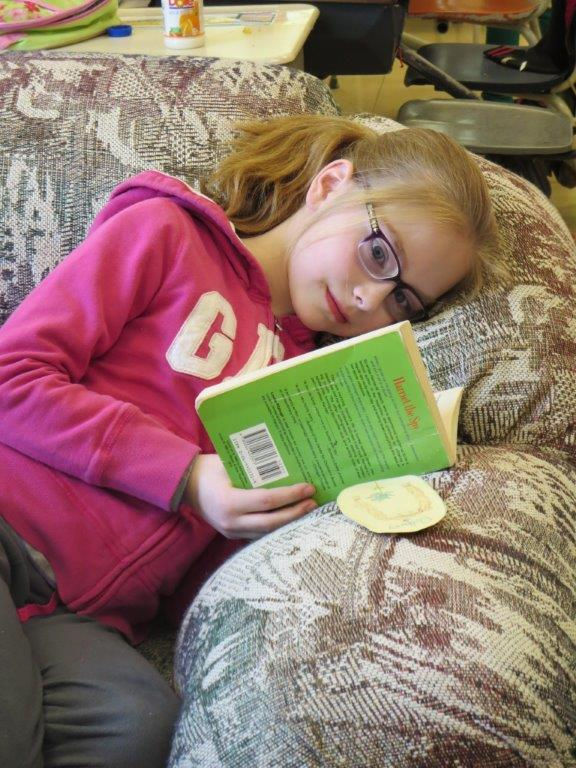

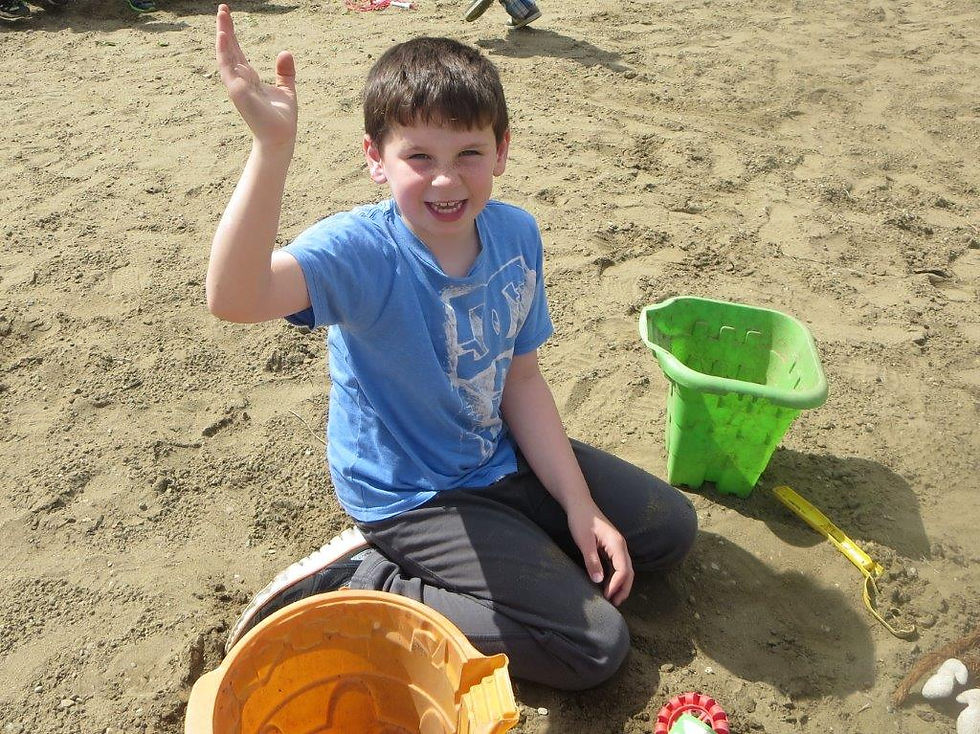
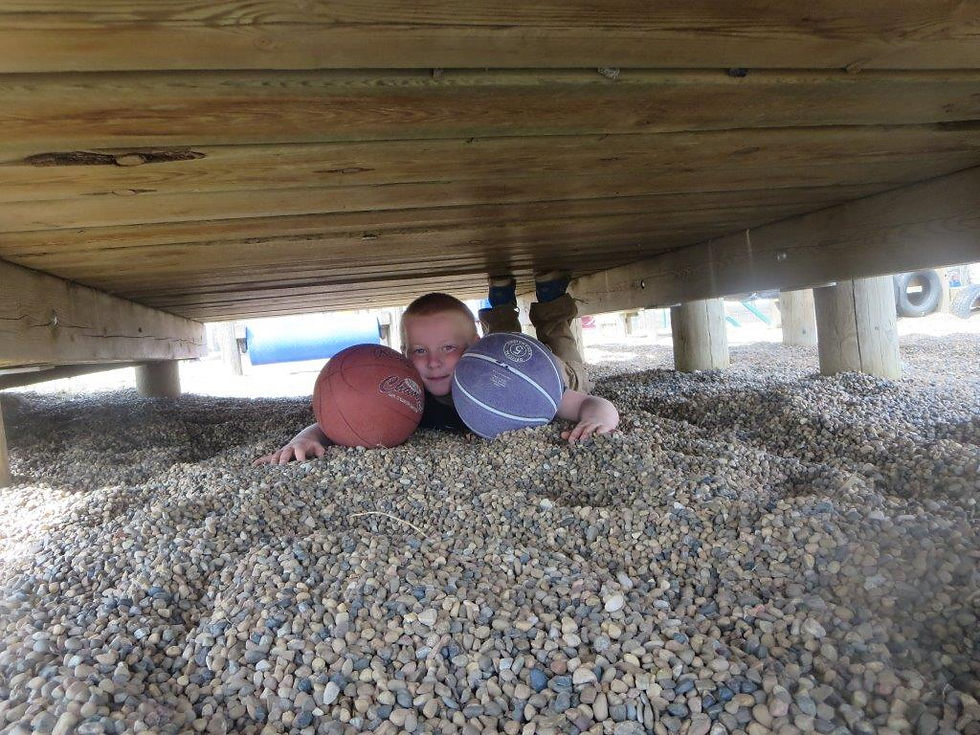



















T
wo rural Wetaskiwin schools were also under school board scrutiny this year, but were saved from closure by just one vote. Paired with a trend towards urbanization, the financial plights of these little schools made it increasingly
Parent Jennifer Day and WRPS superintendent Terry Pearson share their views surrounding Pipestone and Lakedell, two schools that were up for closure this year.
Photos courtesy of Pipestone School
